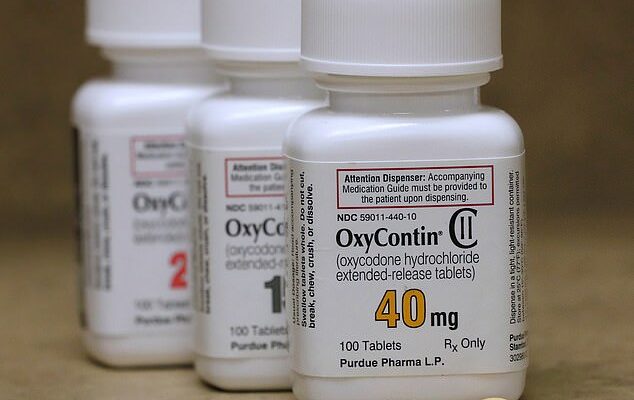Founder of Prevent Opioid Abuse says findings take on a new importance as COVID-19 is predicted to up substance abuse disorder
FOR IMMEDIATE RELEASE
Media Contacts:
Jennifer Latchford
[email protected]
551-579-0496
Rob Horowitz
[email protected]
401-632-0686
April 15, 2020 – A New Jersey law requiring conversations between prescribers and patients to discuss risks of addiction before an opioid-based pain reliever is prescribed, resulted in a more than fourfold increase in the percentage of doctors warning patients about the risks of addiction and a significant drop in patients started on opioids. The study was conducted by Dr. Andrew Kolodny, medical director of opioid policy research at Brandeis University’s Heller School for Social Policy and Management. Dr. Kolodny presented the findings today at the Rx Drug Abuse & Heroin Summit, which was held virtually, rather than at its original Nashville location.
The Patient Opioid Notification Act requires that medical practitioners discuss the addictive potential of opioid-based painkillers with their patients – and parents of minor patients – as well as discuss, when appropriate, safer non-opioid pain relief alternatives. Versions of this legislation have been adopted in 17 states. New Jersey was selected for the study because it was the first state to implement the law.
Representative David Trone (D-MD) will soon introduce national legislation based on these state laws that will require all patients and parents in the nation to be armed with this lifesaving information.
“With the COVID-19 pandemic delaying many elective medical and dental surgeries and procedures, we know that there will be an uptick in opioid prescribing in the future,” explained, Elaine Pozycki, founder of Prevent Opioid Abuse. “At this critical time, it is imperative that patients be provided this information at the time their opioid is prescribed.
Major Findings
- The number of patients prescribed opioids for acute pain decreased significantly after the law went into effect. The aspect of the law likely to have been responsible for this change was the mandatory warning about the risk of addiction. In the month after the law was implemented nearly 5000 fewer patients were started on opioids.
- The number of clinicians who prescribed opioids for acute pain dropped by more than 1000 after the law went into effect.
- Nearly all prescribers (97.5%) were aware of the new opioid prescribing rules.
- Prior to enactment, only 18% of the participants warned patients about the risk of opioid addiction when prescribing opioids. After enactment, 95% routinely warned patients about the risk of addiction.
What people are saying about the Study
Dr. Andrew Kolodny said, “These findings show that very few opioid prescribers were warning patients about the risk of addiction before New Jersey required them to do so.”
“Requiring prescribers to talk to their patients about the risk of addiction right before an opioid is first prescribed makes sense now more than ever, especially with the anticipated surge of addiction anticipated because of the COVID-19 pandemic,” said Congressman David Trone. “I will soon introduce national legislation that aligns with what we learned from this study and works to prevent the opioid crisis in this country from getting worse.”
Background:
Brandeis University researchers analyzed data from the New Jersey Prescription Drug Monitoring Program and conducted structured interviews with New Jersey clinicians.
The Patient Opioid Notification Act is now law in New Jersey, Rhode Island, Maryland, Nevada, Ohio, Oklahoma, West Virginia, Utah, Washington, Louisiana, Missouri, and Nebraska for all patients; in California, Connecticut, Michigan, Pennsylvania and South Carolina, it covers minors and their parents.
Prevent Opioid Abuse is a national organization working to educate patients and parents about the risks of opioid-based painkillers and the availability of non-opioid alternatives.








